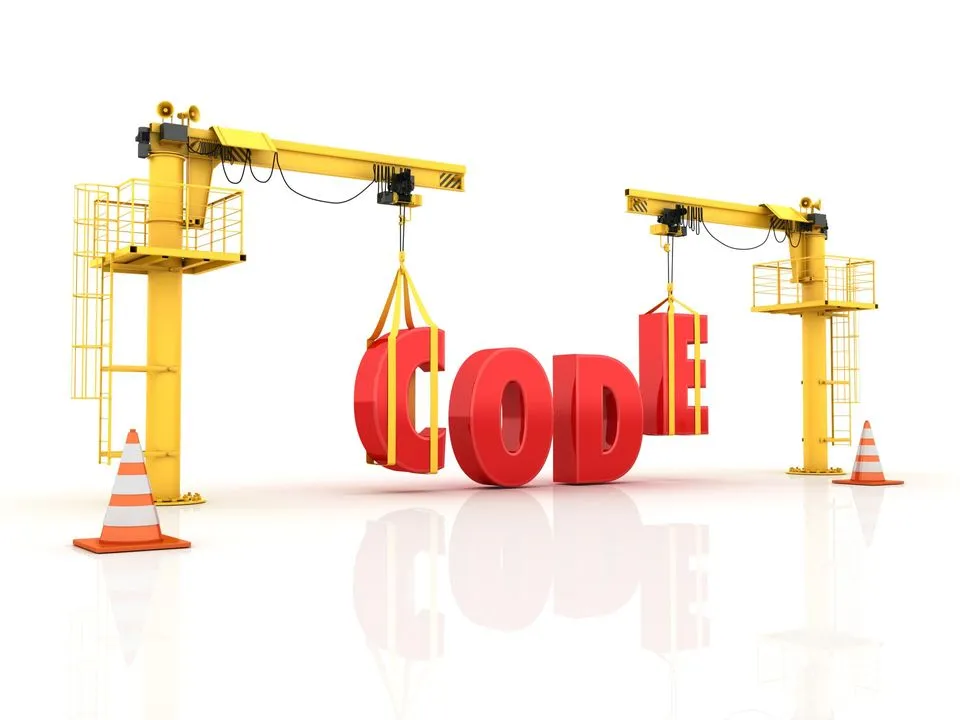Did you know there are 700,000 construction companies inthe US? That makes construction a highly competitive industry. But do you know how to grow and manage the best company you can?
Solid management builds a reputation, and that leads to more customers. Read on as we give our must-know construction company management tips.
1. Get the Right Software
It is no longer enough to manage a construction company from the top down. A level of transparency is needed so that everyone can access information at the touch of a button or click of a mouse. This makes the whole process a lot smoother and easier for you and your staff.
That is done by buying the right software. Yes, excel is a fast and easy tool to use, but it is now lagging behind the times. From certified payroll reporting software to accounting, invest in software to help you work quicker and more efficiently.
Estimating and takeoff software is essential for any construction company. They allow you to forecast the cost of a job, monitor expenses, then compare material prices. Without them, balancing finances is still possible but much more difficult.
In addition to this, you will need a much more in-depth accounting tool. This will handle not just the cost of the job, but other financial factors like wages, taxes, and other budget requirements.
A number of software packages also exist for collecting job site data. They increase communication vastly and can result in fewer mistakes on the job.
Project management tools allow you to work in large groups and keep the communication running smoothly. Certain industries may have very specific packages for this. For designing, Building Information Modelling (BIM) packages could also be required.
Finally, certified payroll reporting software is essential for any construction company working on government funded projects that exceed $2,000. In order to stay compliant with the federal government, companies must submit WH-347 forms every week. State or municipal have the same requirement, and require different certified payroll forms. Companies will want to ensure these forms are accurate and submitted on time to avoid any potential penalties or fines.
2. Be Consistent, Firm but Fair
The best construction managers live by the rules they set. Your company will have rules and standards, and it is quite certain you have certain personal ones yourself. It is important that on a site with permanent and contract staff, everyone knows where they stand.
In addition to this, you need to live by those rules. If not, they become worthless. People should see you on the job every day, embodying the mission that has been set out.
Remain consistent with them. Even if you are under time pressures or a job is not going to plan, you must abide by the stipulations. In time, your workers will come to know what is expected and start to adopt these rules themselves.
3. Keep Managing Your Construction Company Budget
Anyone who has tried to manage a construction company budget knows the unpredictable nature of the beast. Despite the best planning, costs can quickly appear out of nowhere to take you unaware. Even worse are delays, which in turn cost money while sapping productivity.
There are some areas you can focus on to keep your budget more predictable. Focus on managing your materials to limit delays. If you order too early, then you need a place to store them, order late, and you can hold up work.
4. Aim to Reduce Rework
Errors during the project, or errors and omissions during the design phase, and the biggest source of rework on a project. This rework is always expensive and increases the time on a job. By cutting down on it, you can increase the profitability of the company.
A way to reduce this is with added transparency through construction tools, software, and communications. This means that construction management can see what is happening on the ground in their business and projects. This allows them to use their experience to identify problems, reducing the need for rework.
5. Make Safety a Top Priority
From the smallest job to huge construction projects, safety should be the number one priority. Accidents, first and foremost, can cost human life or severely reduce their quality. This results in huge costs to your company and damage to its reputation.
However, safety does not just occur onsite. The mental well-being of your staff is also a priority. If you can reduce stress and make sure they are happy, then productivity will increase as a result.
All of this comes down to how well you plan. Once a job starts to spiral out of control and develop multiple problems, corners are cut, and stress sets in. This is when accidents are most likely to happen.
6. Create a Lead Generation System
Without leads, you don't have customers, and without them, you don't have a business. Behind the jobs and construction site, your backroom staff should be working froma solid system of lead generation. Thereare two methods you can use to do this.
The first is with lead generation services. Construct Connect and Dodge are great ways to get started.
The second is to allocate someone to go out and visit potential clients. These leads can include realtors, developers, and architects. Once you have had a meeting, collect their card and request to be added to their bid list.
7. Invest in an Office
Smaller operations may not need an office, but once you reach a certain size and operation, it will pay dividends to invest in one. Find a great location, central to where you work. This way, your team can easily meet and go to and from the office to work sites.
There are other numerous benefits, not least having somewhere to speak to clients. It is a place where you can have team meetings. You can also assign certain office staff jobs, such as accountancy and lead generation.
Start with small premises on a short-term lease. That way, it makes it easy for you to expand as and when you need to do so.
Once you have done this, invest in computers and the necessary software. You will need estimating software, construction management software, and payroll software, along with the other needs of any business.
Take Growth Slowly
In summary, good construction company management comes down to setting up systems and processes. Get the assistance of high-quality software and office staff, and carry your mission through to the site. Follow these procedures, managing growth slowly, to build a strong, profitable company.
Your first stop for construction industry software should be Points North. With our certified payroll generation software, we can help streamline your administrative operations. Contact us to seehow we can help grow your business, starting today!
Build and manage a better workforce with integrated HR solutions from ADP Marketplace partners like Points North.




